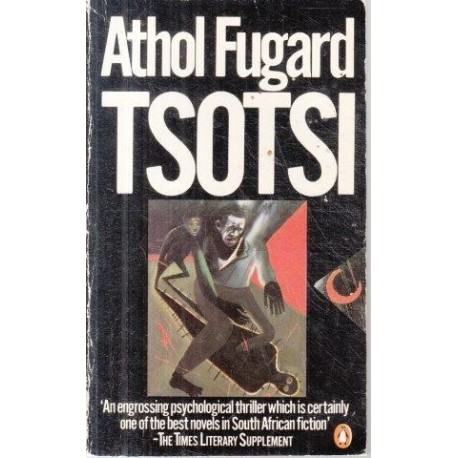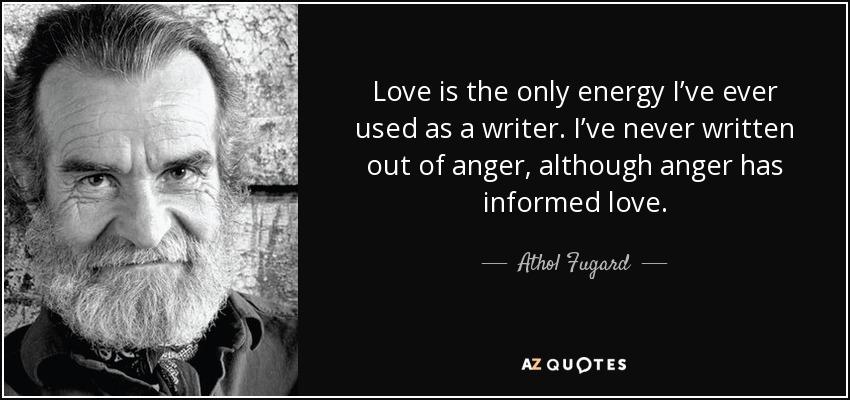Tsotsi Athol Fugard

Tsotsi
Tsotsi is a 2005 crime drama film written and directed by Gavin Hood and produced by Peter Fudakowski. It is an adaptation of the novel Tsotsi, by Athol Fugard and is a South African/UK co-production.
Director: Gavin Hood, 2005

Athol Fugard Theatre


Language: Zulu, Xhosa, Afrikaans, English
94 minutes – UK / South Africa
Athol Fugard as a writer and the historical context2 3. Tsotsi as a novel and Tsotsi as a film - a direct comparison3 3.a. Author: Athol Fugard. Tsotsi is based on the novel by the same name written by accomplished South African playwright Athol Fugard. Fugard had started the novel after the 1960 Sharpeville massacre, during which 69 people protesting pass laws restricting the movement of black South Africans were shot by apartheid police. Athol Fugard, in full Athol Harold Lannigan Fugard, (born June 11, 1932, Middelburg, South Africa), South African dramatist, actor, and director who became internationally known for his penetrating and pessimistic analyses of South African society during the apartheid period. Fugard’s earliest plays were No-Good Friday and Nongogo (both published in Dimetos and Two Early Plays, 1977), but.
Tsotsi By Athol Fugard
Based on a story by Athol Fugard

Set in Johannesburg slum, the film tells the story of Tsotsi, a young street thug who steals a car only to discover a baby in the back seat. It is an adaptation of the novel Tsotsi, by Athol Fugard. The soundtrack features Kwaito music performed by popular South African artist Zola and a score by Mark Kilian and Paul Hepker featuring the voice of South African protest singer/poet Vusi Mahlasela.
This film won the 2006 Academy Award for Best Foreign Language Film and was nominated for the Golden Globe for Best Foreign Language Film in 2006.
Athol Fugard The Island
It is from this inhumane being that the novel begins the story of change.
At the start of the novel Tsotsi knows very little about himself and endeavours to keep it that way. It is a rule of his to not think about his past or raise any questions about it. “His second rule which operated then on through every other moment of the day was never to disturb his inward darkness with the light of a thought about himself or the attempt at a memory” (36). This is because he doesn’t know the answers to questions about his past and instinctually fears memories, the reason of which is revealed later. But it is Boston, a member of his gang who is the one to raise questions, which initiates a thought process. He became conscious of the fact that he does not know very much about himself. It is in this mind state that he discovers a catalyst in his life.
By chance Tsotsi is given a baby. The effect that this baby has on him is life changing, because rather than abandoning it he cares for it. This involves him learning to look after it, against everything that he previously knew about himself and at the risk of his reputation. He doesn’t know at first why he cares for it but gradually learns. The baby evokes unknown feelings in Tsotsi, but more importantly it brings forth the memory of a yellow bitch. This memory has a powerful effect on Tsotsi and for once he found that “he was curious” (59) about his